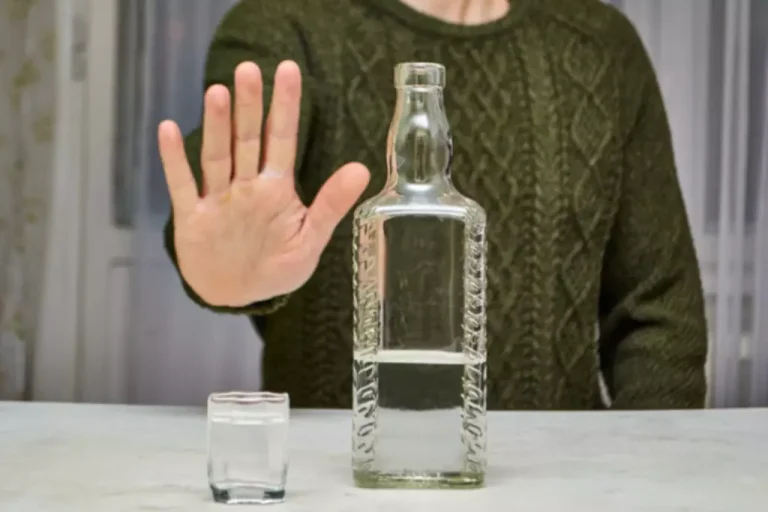
From minor challenges to major crises, stress is part of life. And while you can’t always control your circumstances, you can control how you respond to them. When stress becomes overwhelming or chronic, it can affect your well-being. That’s why it’s essential to have effective stress relievers that can calm your mind and body.

Reduce your caffeine intake
But as we’ve outlined in this article, there are many quick and simple ways to seek relaxation day to day. Exercise is a type of stress, and over-exercising or doing very intense or long workouts can actually increase stress levels (Hackney, 2006). Deep breathing can reduce anxiety and help people cope with stressful tasks (Varvogli & Darviri, 2011). Diaphragmatic breathing (or “belly breathing”) involves actively breathing into your diaphragm or abdomen, as opposed to the chest. Though anxiety attacks are not diagnosable mental disorders, some people may have an increase in anxiety symptoms in connection with a stressful or triggering event or experience.

Stress and Anxiety Reduction Techniques
Preliminary research indicates that people who can develop this mindset will suffer fewer negative health effects from stressful life events. The “challenge response” might also include a determination to uncover personal meaning in both trying and tragic situations. For example, what does your stress response reveal about your deepest values?
How to Cope With Stress: 10+ Strategies and Mechanisms
The original version contained 14 items and can be found in the original paper. The first questionnaire is the Perceived Stress Scale, a 10-item self-report questionnaire designed to measure an individual’s subjective perception of stress (Cohen et al., 1983). Journaling is a valuable method for reducing stress and identifying patterns of behaviors and thoughts. One of the most significant advantages of journaling is that it is easy to implement and cost effective.

It can involve imagining yourself being in your “happy place”—maybe picturing yourself sitting on a beach, listening to the waves, smelling the ocean, and feeling the warm sand underneath you. There isn’t a one-size-fits-all option when it comes to stress relief, healthy ways of coping with stress however. Proactive coping can also help people deal with unexpected life changes, such as a major change in health. A 2014 study found that people who engaged with proactive coping were better able to deal with the changes they encountered after having a stroke.
Try to be positive
These can be practiced independently by your client, or they can take the shape of a more deliberate, guided exercise as part of their therapy. However, it is first worthwhile considering whether your client uses a problem-focused or an emotion-focused coping strategy to manage their stress (Folkman & Moskowitz, 2004). Stress as a physical phenomenon is characterized by a cascade of activity throughout the body. Making time to move and stretch your body throughout the day can help you dispel stress-related energy and stay on top of stressful situations. Moving your body can help you relieve some of these physical stress responses, which, in turn, can soothe psychological stress.
- People often use the word “anxiety” to describe general feelings of nervousness, unease, or worry.
- Give yourself realistic deadlines and work your way down the list.
- Proactive coping can also help people deal with unexpected life changes, such as a major change in health.
Get more physical activity
- That enabled our ancestors to outrun saber-toothed tigers, and it’s helpful today for situations like dodging a car accident.
- This may involve setting aside small moments where you take a break from tasks, chores, and life’s daily stressors.
- However, anyone who has played video games knows that they can be a mixed bag in terms of stress relief, and there is no way to speak about gaming in broad strokes.
- Being chronically stressed may lead you to overeat and reach for highly palatable foods, which may harm your overall health and mood.
The most common medications used to treat anxiety disorders are selective serotonin reuptake inhibitors (SSRIs) and serotonin and norepinephrine reuptake inhibitors (SNRIs). CBT teaches coping mechanisms such as relaxation, problem-solving skills, methods for questioning or stopping unhealthy thoughts, and psychoeducation. You can also keep track of what relief strategies you tried at the moment and which were most (and least) effective. Once you’ve logged a few experiences, review them to see if you notice any patterns.
- When a person experiences stress, cortisol, “the stress hormone,” is released in the body.
- Practicing mindfulness or meditation can help you create some mental space, allowing you to observe your thoughts from a different perspective.
- Furthermore, screen time may negatively affect sleep, which may also lead to increased stress levels.
- But you need to set time aside to unwind or your mental and physical health can suffer.
- Another way to take control of your stress is to stay on top of your priorities and avoid procrastinating when you aren’t feeling stressed.
- In this worksheet, the client will list their top values and then identify specific actions aligned with them.
- There are many types of therapy that can help provide relief from stress and tension in your body.
Try these tips to ward off ongoing stress and its many health risks, such as chronic inflammation and chronic disease.
Instead, reach out to family and friends and make social connections. It’s also OK — and healthy — to realize you can’t be 100% successful at everything all at once. Be mindful of the things you can control and work on accepting the things that you can’t control.
- Social contact is a good stress reliever because it can offer distraction, give support, and help you put up with life’s up and downs.
- Include what you did before your symptoms started and how long they lasted.
- When it comes to coping skills, there’s always room for improvement.
- If you were sleepy in the first place, the lack of sleep can make it harder to manage stress.
- Fortunately, there are tips and tricks that can help you get your cortisol levels down.
- When you call yourself names or doubt your ability to succeed, reply with a kinder inner dialogue.

